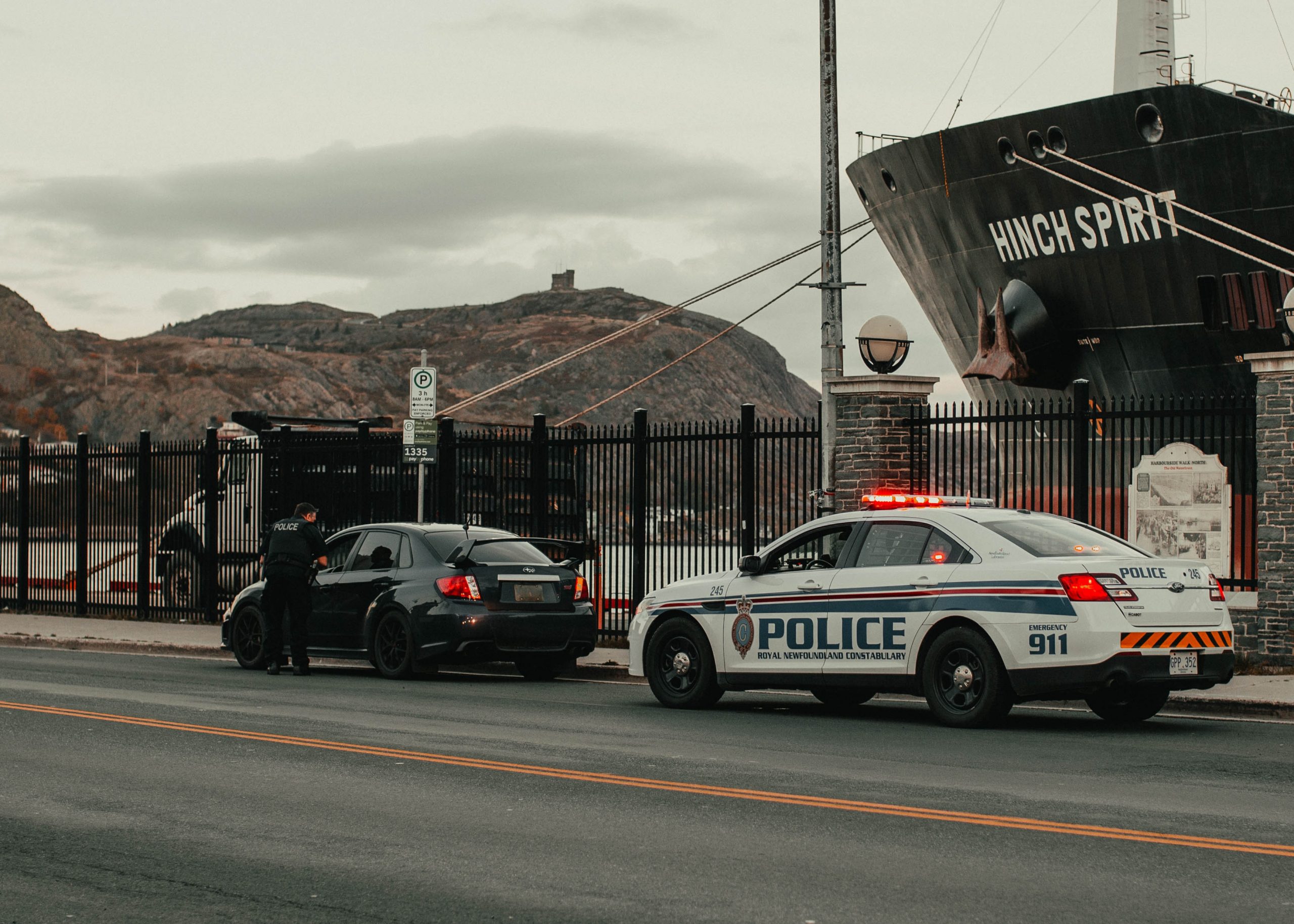How Do You Contest a Ticket?

Either way, you’ve come to the right spot. This article shares everything you should know about contesting your ticket.
Statement of Offence Explained
The legal term for a ticket is “statement of offence.” You may receive one if a police officer, a parking control officer, or anyone authorized to issue these statements, claims you did something that broke the law. This document is also the basis of the case against you if you decide not to pay the fine.
If you received a ticket, you have 30 days as of the issue date to plead guilty or not guilty and send the answer to the indicated address. If you didn’t commit the offence claimed by the ticket or want to raise an argument, you should check the “not guilty” box on the ticket form.
There’s also dedicated space on the statement where you can explain why you decided to plead not guilty. But beware that you’re not obliged to fill this information out, as it can be used against you later. Alternately, you can consult a Legalhood lawyer to help you fill this part out.
In addition, always make a copy of the form and keep the proof that it was sent.
You’ll then get a court notice for appearing in court at a specific date and time. This event is also known as a “notice of hearing.”
Preparing for the Hearing
To prepare for the hearing, you want to follow the steps below:
- Note the information about the witnesses. You can have them note their version of events. However, you may want to reconsider the idea of having witnesses in court as you have no control over what they will say or how they will react to the prosecutor’s questions. If you decide your case requires a witness, you can send them a “Summons to Testify.” You can get this document at court and send it to the witness by mail. Also, make sure to keep a copy.
- Write down your version of events. You want to do this as soon as you receive the ticket. By doing so, you won’t forget the essential details such as the date, time, colour of the car, description of places, etc.
- Gather the documents that support your version of the event. You want to collect all papers, documents, photos, maps, estimates, bills, and more that can show your ticket was invalid.
Testifying in Court
You will be able to testify in the hearing as you’re the best person who can explain your side of the story to the judge. If you agree to testify, be prepared to answer all questions the prosecutor has in store for you.
Some preparation tips include:
- Practice your testimony. You want to practice your testimony in advance in front of a close family member or friend. Anticipate the questions you may get asked by the judge or prosecutor.
- Speak clearly. It’s essential to present all the facts clearly and make eye contact with the judge. Look at them when you address them. Also, use the photos or documents you have prepared.
- If you don’t understand any of the questions or don’t know the answer, say so.
Finally, the judge will be the one to make all decisions in the courtroom. That’s why it’s essential to explain your version of events to them. Remember that everything a judge knows about your case comes from the statement of offence information. They don’t know the story you’re about to tell, so be precise throughout the proceedings.
Know Your Rights
You’ll be entitled to a copy of the police report, so be sure to ask for it. The prosecutor will give you all copies of the evidence and tell you about any other object or evidence he has regarding your case.
You can also ask for the evidence before the hearing. Typically, you have to send a request, contact the courthouse, the Municipal Court or your prosecutor’s office.
It’s essential to read the documents you receive carefully. You can trace some facts and witnesses to support your case. You can also see if some witnesses would contradict themselves.
Contesting a Ticket in Your Favour
If you receive a ticket by mistake or believe you weren’t judged fairly, you have the right to plead not guilty. By doing so, you will proceed to a hearing where you’ll get the chance to explain your version of events to the judge. If they decide you’re innocent, your ticket will be contested. If not, you’ll have to pay a fine.
Thus, if you’re thinking of contesting a ticket, Legalhood can offer assistance. Our lawyers will help you prepare for the hearing and advise you on how to make the most out of your court visit. To start the process of disputing a ticket with Legalhood, click here.